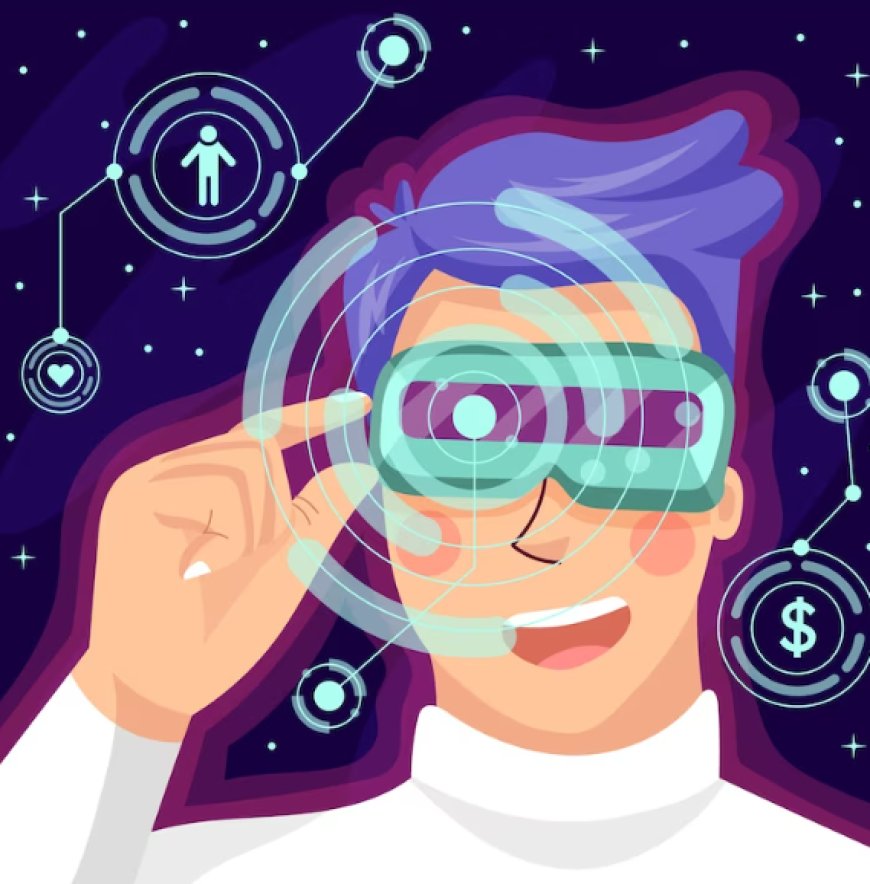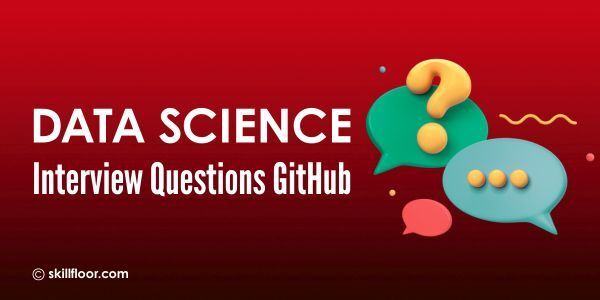Data Science Future
Discover the future of data science and its impact on industries. Gain insights into emerging trends and advancements in this dynamic field

Greetings, data enthusiasts! The world of data science is ever-evolving, with new technologies and trends shaping its future. In this blog, we'll delve into the exciting realm of data science and explore the boundless possibilities that lie ahead. So, fasten your seatbelts as we embark on a thrilling journey into the future of data science!
1. The Rise of Artificial Intelligence:
The rise of Artificial Intelligence (AI) is revolutionizing the field of technology and data science. AI encompasses the development of intelligent systems that can learn, reason, and make decisions independently. With advancements in machine learning, deep learning, and natural language processing, AI is transforming various industries and sectors. It enables computers to analyze vast amounts of data, identify patterns, and make predictions with remarkable accuracy. AI-powered applications, such as virtual assistants, recommendation systems, and autonomous vehicles, are becoming increasingly prevalent in our daily lives. As AI continues to evolve, data scientists are at the forefront of leveraging its potential, unlocking new possibilities, and shaping a future where intelligent machines augment human capabilities.
2. Big Data and Advanced Analytics:
Big Data and Advanced Analytics are transforming the way we understand and utilize data. With the exponential growth of data in various forms, such as social media posts, sensor readings, and transaction records, organizations have access to vast amounts of information. Big Data technologies enable the storage, processing, and analysis of this data at scale. Advanced analytics techniques, including machine learning, data mining, and predictive modeling, allow us to extract meaningful insights and patterns from these massive datasets. By leveraging Big Data and advanced analytics, organizations can make data-driven decisions, identify trends, optimize processes, and gain a competitive edge in today's data-driven landscape.
3. Internet of Things (IoT) and Sensor Data:
The proliferation of IoT devices will unleash a torrent of sensor-generated data, offering valuable insights into various aspects of our lives. From smart homes and connected cars to wearable devices and industrial sensors, the IoT ecosystem will provide a rich source of data for data scientists to analyze. By extracting meaningful patterns and trends from this sensor data, data scientists can unlock new possibilities in areas like predictive maintenance, healthcare monitoring, and smart city planning.
4. Ethical Considerations and Responsible AI:
As data becomes more integral to our lives, ethical considerations and responsible AI practices will gain prominence. Data scientists will need to navigate complex ethical dilemmas, ensuring data privacy, fairness, and transparency. The future of data science will demand an ethical framework that guides decision-making, protects user privacy, and ensures the responsible use of AI technologies. As a data scientist, you'll play a crucial role in shaping the ethical landscape of the field.
5. Interdisciplinary Collaboration:
Interdisciplinary collaboration is the key to unlocking new frontiers in the world of data science. By bringing together experts from diverse fields, such as domain experts, data scientists, engineers, and social scientists, we can combine their unique perspectives and expertise to solve complex problems. Interdisciplinary collaboration fosters innovation, as it allows for a holistic approach to data analysis and problem-solving. By pooling together knowledge and skills from different disciplines, we can gain deeper insights, uncover hidden patterns, and develop more effective solutions. Through collaboration, we can bridge the gap between data science and various industries, driving meaningful impact and shaping a better future.
6. Democratization of Data Science:
As the field matures, data science tools and platforms will become more accessible to non-experts. This democratization of data science will empower individuals from different backgrounds to leverage data-driven insights in their work. User-friendly tools, automated workflows, and simplified interfaces will enable more people to harness the power of data science, driving innovation and decision-making at all levels of organizations.
7. Continuous Learning and Adaptation:
The future of data science demands a commitment to continuous learning and adaptation. Stay updated with the latest advancements in algorithms, tools, and methodologies. Embrace lifelong learning through online courses, workshops, and industry events. Embrace the spirit of curiosity, explore emerging technologies, and be open to new ideas. By continuously expanding your knowledge and skills, you'll stay at the forefront of the data science revolution.
8. Automated Machine Learning (AutoML):
As the field progresses, the development of AutoML tools will simplify and streamline the machine learning process. Data scientists will be able to automate repetitive tasks, such as feature selection, model tuning, and deployment, allowing them to focus more on interpreting results and extracting insights. AutoML will democratize machine learning further and enable organizations to leverage the power of AI without extensive expertise.
9. Augmented Analytics:
Augmented analytics combines artificial intelligence and machine learning with traditional analytics workflows. It empowers data scientists by automating data preparation, analysis, and visualization tasks, thereby accelerating the decision-making process. Augmented analytics tools will enable data scientists to explore data from different angles, discover hidden insights, and generate actionable recommendations quickly.
10. Real-time Data Analytics:
With the increasing adoption of IoT and edge computing, real-time data analytics will become more prevalent. Data scientists will have the ability to analyze and derive insights from streaming data in real-time, enabling organizations to make immediate, data-driven decisions. Real-time analytics will have applications in areas such as fraud detection, predictive maintenance, and personalized marketing.
11. Data Science in Healthcare:
The healthcare industry holds tremendous potential for data science. With the integration of electronic health records, wearable devices, and genomic data, data scientists can help optimize patient care, improve disease detection, and develop personalized treatment plans. The future will witness advancements in healthcare analytics, predictive modeling, and precision medicine, leading to better patient outcomes and a more efficient healthcare system.
12. Data Science and Sustainability:
As concerns about environmental sustainability continue to grow, data science can play a vital role in addressing these challenges. Data scientists will contribute to areas like energy optimization, carbon footprint reduction, and sustainable resource management. By analyzing large environmental datasets and applying machine learning techniques, they can help organizations make informed decisions that prioritize sustainability and drive positive change.
Final thoughts:
The future of data science is an exciting frontier filled with limitless possibilities. From AI advancements to the democratization of data science, real-time analytics, and interdisciplinary collaborations, the opportunities are vast. As a data enthusiast, embrace these advancements, nurture your skills, and stay curious. The data-driven revolution is just beginning, and by riding this wave, you'll be at the forefront of transforming industries, solving complex problems, and shaping a better future for all. So, dive into the realm of data science with enthusiasm and let the future unfold with endless opportunities!



























































